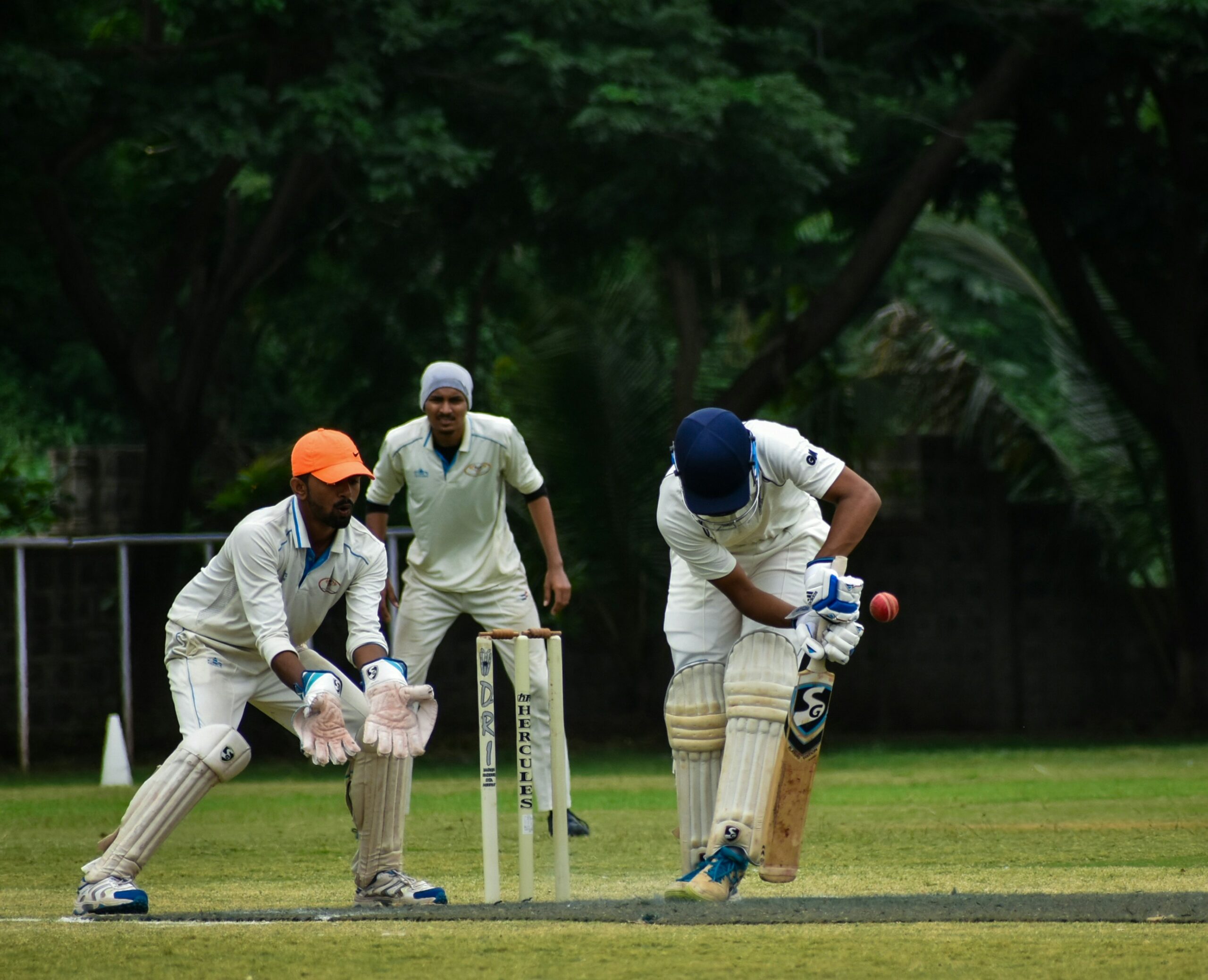Sustainability Practices in IPL Ground Management
Reddy Book Club, Gold365: Environmental conservation plays a crucial role in maintaining the sustainability of IPL grounds. As these grounds host numerous matches and events, they attract a large number of people, increasing the environmental impact. By adopting eco-friendly practices, such as reducing waste generation and promoting recycling, IPL grounds can contribute to a cleaner and healthier environment.
Incorporating green initiatives, like using energy-efficient lighting and implementing water-saving techniques, not only benefits the environment but also sets a positive example for fans and players. From promoting public transportation to minimizing plastic usage, environmental conservation in IPL grounds is essential for creating a more sustainable sporting environment that aligns with global efforts to combat climate change.
Utilizing Renewable Energy Sources for Ground Operations
Renewable energy sources play a crucial role in powering the operations of IPL grounds, ensuring a sustainable and eco-friendly approach towards energy consumption. By harnessing solar power through the installation of solar panels on stadium rooftops and parking lots, cricket venues can significantly reduce their reliance on traditional grid electricity. This not only helps in lowering operating costs but also contributes to reducing carbon emissions, thus promoting a greener environment.
Furthermore, IPL grounds can explore the potential of wind energy by setting up small wind turbines on the premises to generate clean electricity. Wind power offers a renewable and reliable source of energy that can be particularly beneficial during match days when energy demand is high. Integrating wind energy into the ground operations not only showcases a commitment to sustainability but also demonstrates leadership in adopting innovative energy solutions within the sports industry.
- Harnessing solar power through the installation of solar panels on stadium rooftops and parking lots
- Reducing reliance on traditional grid electricity
- Lowering operating costs and reducing carbon emissions
- Promoting a greener environment
- Exploring the potential of wind energy by setting up small wind turbines on the premises
- Generating clean electricity, especially during high-demand match days
- Showcasing commitment to sustainability and leadership in adopting innovative energy solutions within the sports industry
Implementing Water Conservation Techniques in Ground Maintenance
Water conservation is a critical aspect of maintaining the grounds of sports stadiums, including IPL grounds. By implementing efficient irrigation systems and choosing drought-resistant plants, water usage can be minimized without compromising the aesthetic appeal of the grounds. Additionally, regularly checking for leaks and repairing any faulty irrigation equipment can further help in conserving water resources.
Moreover, employing techniques such as rainwater harvesting and recycling wastewater for irrigation purposes can significantly reduce the dependency on freshwater sources. These sustainable practices not only contribute to water conservation efforts but also demonstrate a commitment to environmental responsibility in the management of IPL grounds.
Why is it important to implement water conservation techniques in ground maintenance?
Implementing water conservation techniques in ground maintenance helps in reducing water usage, minimizing water waste, and promoting a more sustainable approach to landscape management.
How can renewable energy sources be utilized for ground operations?
Renewable energy sources such as solar panels can be installed to power equipment and lighting in the grounds, reducing dependence on non-renewable energy sources.
What are some common water conservation techniques that can be implemented in ground maintenance?
Some common water conservation techniques include using drip irrigation systems, mulching to retain moisture, planting drought-resistant plants, and incorporating rainwater harvesting systems.
How can IPL grounds benefit from implementing environmental conservation practices?
IPL grounds can benefit from implementing environmental conservation practices by reducing their carbon footprint, setting an example for fans and other organizations, and contributing to the overall health of the environment.







